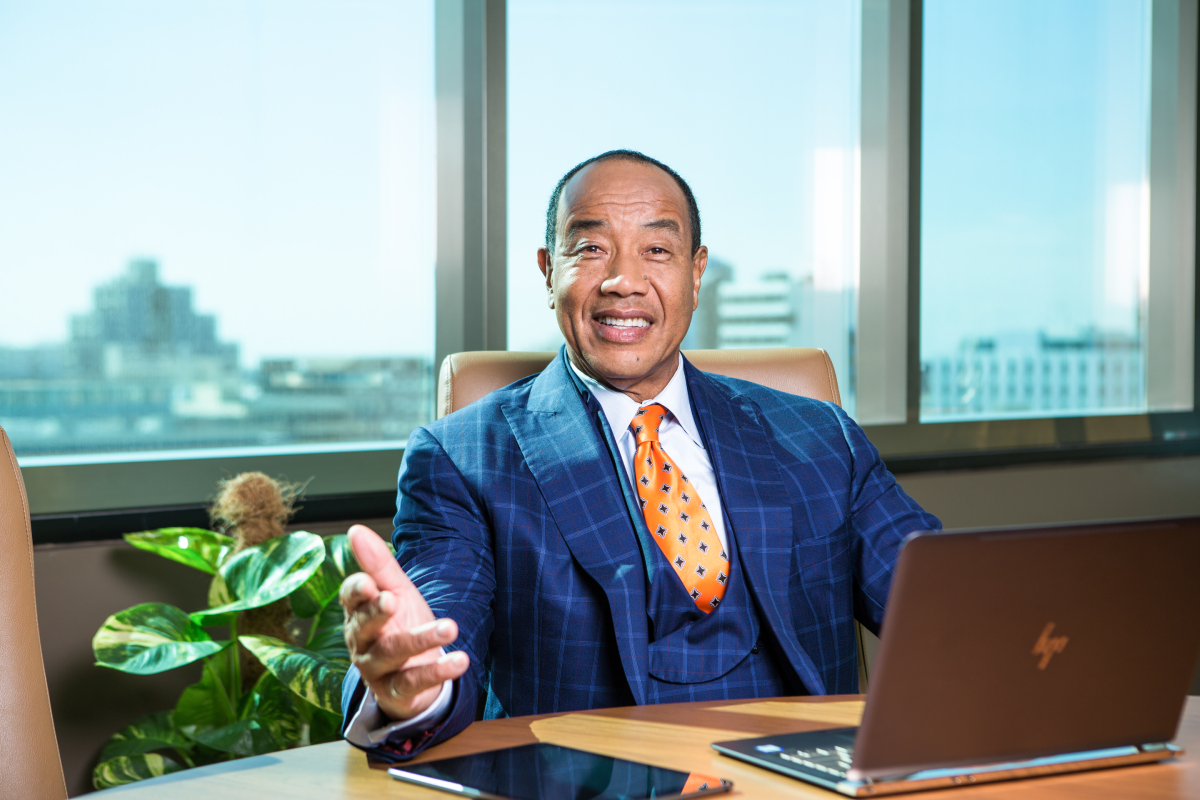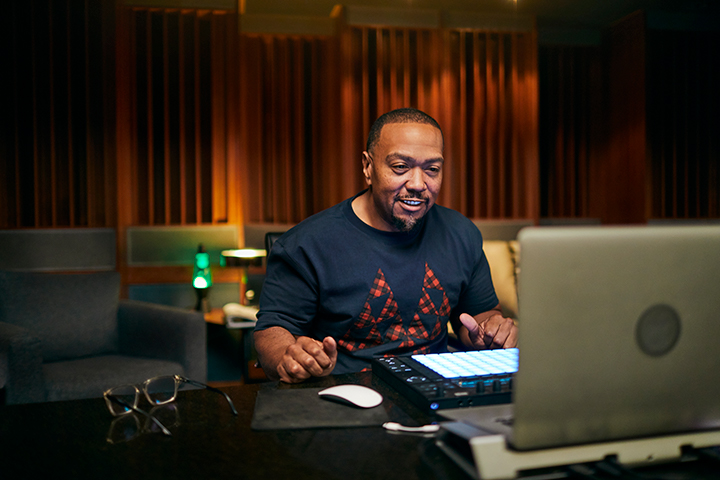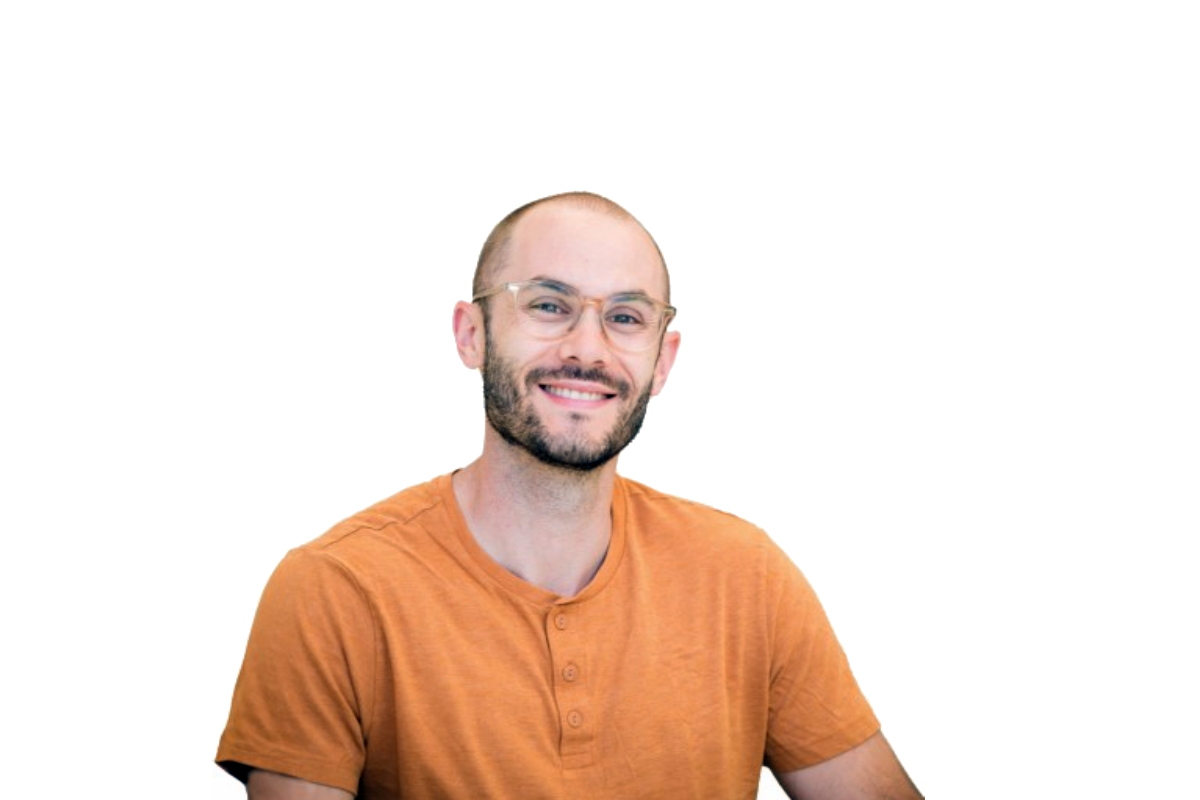Even as a young man, Michael Lee-Chin knew that achieving success often means taking risks and reaching for the top rung. Emblematic of this was his letter to the prime minister of Jamaica, explaining that he was desperately seeking financial aid to continue his Civil Engineering studies at McMaster University.
His plea was so convincing, and his grades so impressive, that even the prime minister of Jamaica knew Lee-Chin was someone to invest in. Lee-Chin subsequently received subsidy covering the next three years of his education. “When you need help, it’s a no, until you ask for it,” he maintains.
Jamaican born Lee-Chin’s ambitions led him from modest jobs as a teenager, working as a hotel landscaper and cleaning the engine room of a cruise ship, to financial success a little more than two decades later. Today, the Jamaican-Canadian is in rare company as a Black billionaire businessman and philanthropist who currently sits at number 1,063 on the Forbes list. He is Chairman and CEO of Portland Holdings Inc, a privately held investment company.
Michael Lee-Chin’s philanthropy is vast, including sponsoring hundred of tons of meals to vulnerable communities in Jamaica and pledging and donating money to the Royal Ontario Museum, McMaster University, and the Joseph Brant Hospital Foundation. His donation to the Rotman School of Management at the University of Toronto established the Michael Lee-Chin Family Institute for Corporate Citizenship.
The Edge Leaders had the opportunity to ask Lee-Chin questions about his career, and in return, he offered his insight, life lessons, and bold suggestions for entrepreneurs.
You’ve been active in the financial sector since you were 26 years old, during which time you have persevered and excelled in this industry. What motivated you to continue in this career path?
I am driven. I will do nothing unless I am stirred by a purpose. The mission has to make sense for me to fully embrace it. When I first got into business, I had to cold call clients, and when I would sit with prospective clients around their kitchen table, I’d ask myself the question: “What is the highest value that I can give to this family as an advisor?” And the answer came back to me as “make them wealthy.” That’s the highest value I can give to anyone I’m advising. I have a protocol that I go through when I’m trying to solve a problem. I observe, number one. From my observations, I create a hypothesis, and then I stress test the hypothesis to see if it makes sense.
My purpose is to lead by example and show people that they don’t need to be born wealthy. They don’t need to steal. They don’t need to marry wealthy, and I’m living proof of it.
You’ve received several awards — including The Order of Jamaica and The Order of Canada — for your significant contributions to business and philanthropy. Which award has the greatest importance to you personally and professionally?
To live a fulfilled life, you must articulate what that means. So, what a fulfilled life means to me is one where I do well for myself, and I also do good for society. And I codified that which I just mentioned in a mantra: prosperitas cum caritate — “prosperity with care.” You must be prosperous, but you also have to care for your community, your province or your parish, your country, and the world. That is fulfillment to me.
You were ranked number 1,063 in the world on the Forbes Billionaires list, number nine on the world’s list of Black billionaires and, so far, you are the only individual from the Caribbean to hold that ranking. What does this recognition mean to you?
In my case, the fact that I am one of the few Black billionaires in the world — you look around, and you see how many Black people there are in the world. Lots! Here’s what it means to me: I have an opportunity to live a life that’s an inspiration to others, who can say “Look, that man looks like me, he sounds like me, he eats the same ackee and saltfish like me — he’s one of us!”
What distinguishes Portland Holdings from other financial firms?
Portland Holdings is run by an entrepreneur — me. Most financial firms are run by agents of the owner, not the owners themselves. [It’s] a big, big difference because as the owner of your house, you will make sure everything is perfect within your house. When you hire someone to look after your house, it’s not the same. Most financial services need validation from what the herd is doing. I don’t need that validation. If I needed to feel that way, I wouldn’t be where I am today. I would be just part of the herd.
Do you think that privatization currently exists in Jamaica, and if so, to what extent does it affect the economy and GDP?
Privatization is accelerating in Jamaica. Last year, we privatized the Wigton — it’s the wind farm. We also privatized the Trans Jamaican Highway, which is the entire roadway in Jamaica. When you privatize a business, you’re taking it out of the hands of government and you’re putting it in the hands of the private sector. Government[s], historically, have not run businesses well. So now you have a business, and you privatize it, mainly to thrive and become successful long term.
How do you think entrepreneurs across the globe should deal with economic fear and anxiety based on the effects of the COVID-19 pandemic on their businesses and personal lives?
I would encourage them keep on pushing hard. I’m going to use the word pushing… PUSH is an acronym, and it means “persist until something happens.” Keep pushing. Once you set your course, and if it makes sense, PUSH. If it doesn’t make sense, then you should pivot.
How does COVID-19 affect investment choices?
COVID-19 came, and it will go. When you invest, you should invest for the long term. You should look at an industry and see if it’s going to be here for the next 10, 15, or 20 years. So, if you’re a long-term investor, COVID-19 should not affect your choices. But if you own a restaurant, you must make sure that you can survive the long term. One of the factors you should consider is that when you invest, you have enough liquidity to survive. You can’t just put everything into the business and not have any liquidity. Even if you own a restaurant today, you know that one day there’s going to be light at the end of the tunnel, and COVID-19 will be behind us by next year. COVID-19 teaches us to plan properly and have some liquidity to take us through when we’re ambushed.
Is now a good time to invest through the stock market? If so, what are the best types of investment, and why?
You need to find people you can trust, with experience and a reputable track record. You don’t just give money to anyone to invest because most people have no track record of creating wealth.
In today’s globalized world, what is your take on the key benefits of diversity and inclusion in our organizations and political spectrums?
Thank God the tide is now changing, and we must make sure it’s sustainable because what is most likely to happen is this could be just a fleeting moment. The companies that are not diverse are missing out on an opportunity to look at their customers through a different pair of eyes. When companies have too many of one group of people, they’re not seeing the perspective of other people, especially in Canada, where Toronto is now 50 per cent visible minority.
You can’t sit in the board room without having visible minority representation and know what the visible minority wants. We’re the bulk of your community. If you’re sensitive to customers’ needs, it should be represented throughout the corporation, starting with the board of directors. By having that sort of representation, that’s the only way you’re going to know and understand.
The government of Canada has pledged $221 million to help Black-owned businesses. What do you think is the best way Black businesses can benefit from this investment? How will this strengthen the cultural heritage of the Black communities?
I don’t know if the $221 million will trickle down to the Black community. This is something I’m not too sure about. It’s a nice headline number. But where the rubber hits the road, is how much of that $221 million will be distributed and allocated appropriately and fairly?
One of my questions: What is the mechanism being used to assure that this money reaches Black communities? Now if it gets to the communities, there has to be some type of training on how to utilize the funds to build businesses and the community. If you give people money, and they have no training, they’re going to blow it. There must be coaching. There has to be mentoring.
Tell me about your philanthropic work with The Michael Lee-Chin Family Institute for Corporate Citizenship?
The purpose of that benefaction is to help some corporations realize that they have to be socially conscious, because only when they’re socially conscious will they tie themselves and ingratiate themselves to society. They’re intertwined with the ails — and the gains — of society.
On many occasions, you’ve said that the Jamaican community was supportive in your business initiatives during your early years. How did they support you, and how have you given back to the Jamaican community?
I have been referring to the fact that I worked for a year in Jamaica before migrating to Canada to attend university. I saved enough money for one year of university: room, board, tuition, books. After the first year, I didn’t know where I was going to get my second-, third-, or fourth-year tuition, room, [or] books. I didn’t know where the money would come from. I needed $2,000 for the year. So, I took a job as a landscaper on campus at McMaster University. Working from April until July, I saved $600 and there was no way I could generate $1,400 in the next month and a half.
I was desperate. I’m not from a wealthy family, so I wrote to Mr. Hugh Shearer, the prime minister of Jamaica. I said, “Prime Minister, I’m an engineering student in Canada at McMaster University, and I’ve been writing to you and your services commissions asking for help, and so far, no one has responded. Prime Minister, I noticed that every year, you send an emissary of recruiters to recruit new graduates, but you can’t harvest unless you sow.” A month later, I got a letter from the Prime Minister of Jamaica and it said, “The next time you come to Jamaica, come see us.” I took $400 out of the $600 I earned, bought a ticket to Jamaica, and went directly to the prime minister’s office. I met with his primary secretary and showed him my university grades. They gave me a scholarship for the next three years of my university — $5,000 per year. When you need help, it’s a no, until you ask for it.
What has been your most significant failure? How did it change you, and what lessons did you learn from it, that you apply to your life?
My most significant failure was when I sold my two businesses, Berkshire and AIC, in 2007 and 2010. Looking back, I shouldn’t have sold them. But I learned from that experience and later got back into business in Canada, continuing the same asset management operations. Due to the financial crisis, it was a financial loss for me when I sold the businesses. Today, I’m a lot stronger because of that experience and I managed to bounce back but with a stronger purpose and set goals.
Jennifer M. Williams | Editor-in-Chief




















